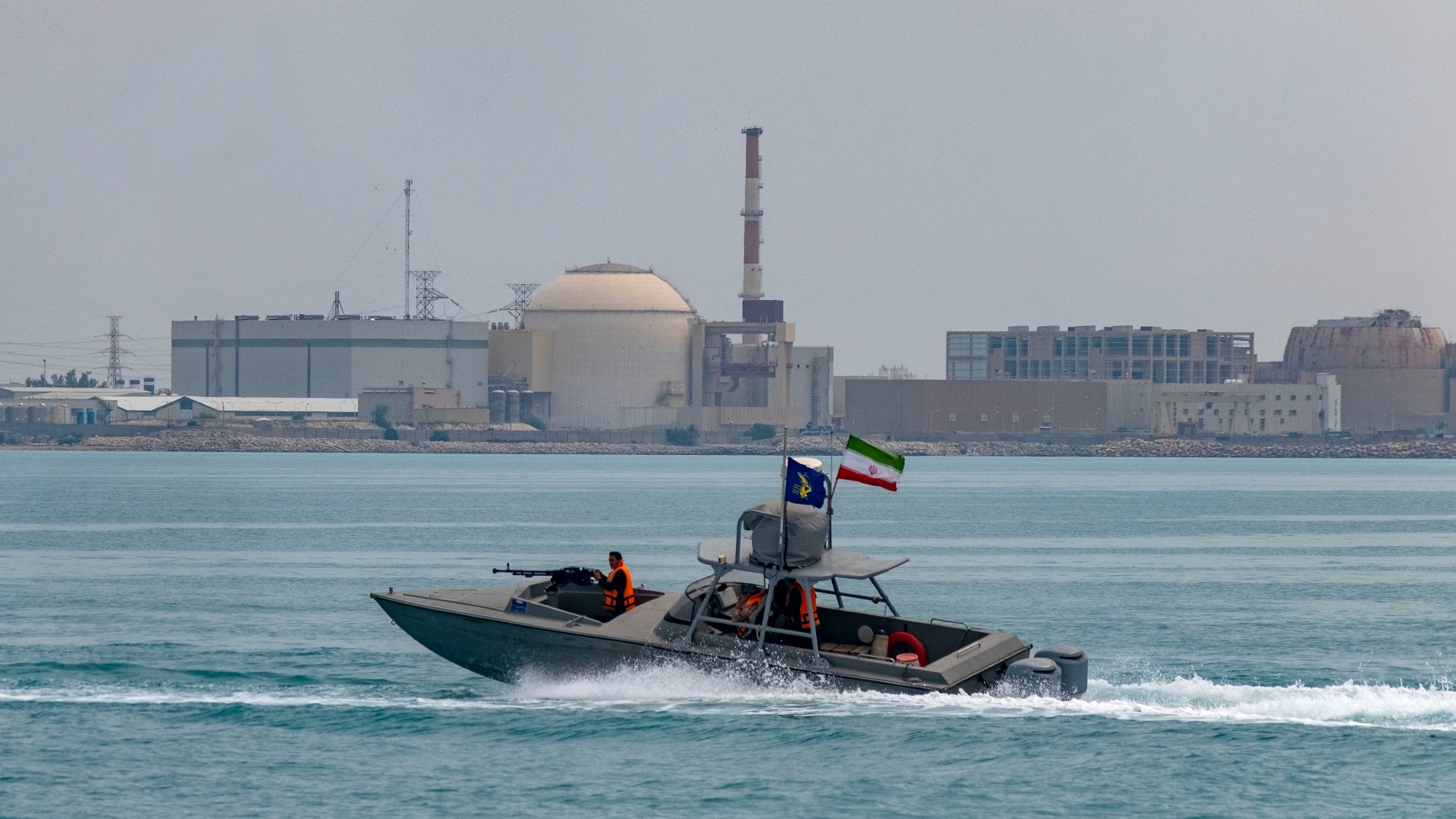The Nuclear Tensions between Israel and Iran: A Complex Web of Claims and Threats
The ongoing tensions between Israel and Iran surrounding nuclear capabilities have reached a critical point, especially as Benjamin Netanyahu ramps up his rhetoric. For decades, Netanyahu has claimed that Iran is on the verge of acquiring nuclear weapons. His dramatic speeches, including a now-iconic moment in 2012 when he brandished a cartoonish bomb at the United Nations, have long fueled fears within the international community. While Tehran has mockingly dismissed these warnings as akin to "the boy who cried wolf," the recent developments have led to escalating fears of military intervention.
The Backdrop of Concerns
Netanyahu’s alarmist predictions have often been met with skepticism. In March of this year, the U.S. Director of National Intelligence, Tulsi Gabbard, stated unequivocally that Iran was not "actively pursuing a nuclear weapon." Analysts argue that while Iranian ambitions are concerning, the actual threat may be overstated. This discrepancy between government assessments highlights a complex geopolitical landscape, complicating any straightforward understanding of Iran’s nuclear intentions.
Shifts in Iran’s Nuclear Program
The situation changed dramatically after the United States withdrew from the Joint Comprehensive Plan of Action (JCPOA) in 2018. This landmark agreement previously limited Iran’s uranium enrichment to just 3.67%, sufficient for civilian nuclear power, but not for developing nuclear weapons. Since the U.S. exit, Iran has significantly ramped up its nuclear activities. Reports suggest that the country now possesses around 400 kilograms of uranium enriched to 60%, a level that, with further enrichment, could facilitate the creation of nine nuclear bombs. This shift has raised alarm bells in Israel, which feels increasingly threatened by the prospect of a nuclear-armed Iran.
International Oversight and Breaches
Adding another layer of complexity, the International Atomic Energy Agency (IAEA) recently announced for the first time in 20 years that Iran is in breach of its non-proliferation obligations. This declaration reflects a growing international concern about Iran’s nuclear activities and its potential for weaponization. Concurrently, Israel has conducted various clandestine military operations, reportedly assassinating around 14 Iranian nuclear scientists and targeting key facilities, including the Natanz nuclear site. Despite these efforts, the Fordow enrichment facility remains largely untouched and continues to be a significant point of concern.
The Challenge of the Fordow Facility
The Fordow facility poses a unique challenge for Israeli military efforts. Located 500 meters below a mountain and fortified with concrete, even advanced bunker-buster bombs from the U.S. may struggle to inflict damage on its sophisticated centrifuges. Analysts have pointed out that if Fordow remains operational, it could provide Iran with the capability to rapidly assemble a nuclear weapon, particularly if it were to withdraw from the Non-Proliferation Treaty (NPT) amid escalated conflict.
The Implications of Military Action
The thought of a military strike against Iranian nuclear facilities raises numerous questions about the potential fallout. Such actions could provoke severe retaliation from Iran and further destabilize an already volatile region. There’s also the risk of international diplomatic repercussions, including the possibility of increased sanctions or further isolation for Israel.
Perspectives on the Situation
As these geopolitical dynamics unfold, various perspectives emerge. Some experts argue for a more conciliatory approach, suggesting that diplomatic avenues should be exhausted before any military action is considered. Others believe that a robust show of force might be necessary to deter Iranian ambitions. The divergent views highlight the complexity of international relations regarding nuclear proliferation and the need for careful analysis and strategy.
Conclusion: A Predicament Without Easy Answers
The situation remains fluid, and the stakes are incredibly high for both Israel and Iran. As Netanyahu emphasizes the perceived threat of a nuclear-capable Iran, the broader international community must navigate a treacherous path filled with misinformation, potential military engagement, and the palpable urgency of preventing nuclear proliferation. It is a multifaceted issue that demands careful consideration, ongoing dialogue, and perhaps most importantly, clear action to avert dire consequences.


